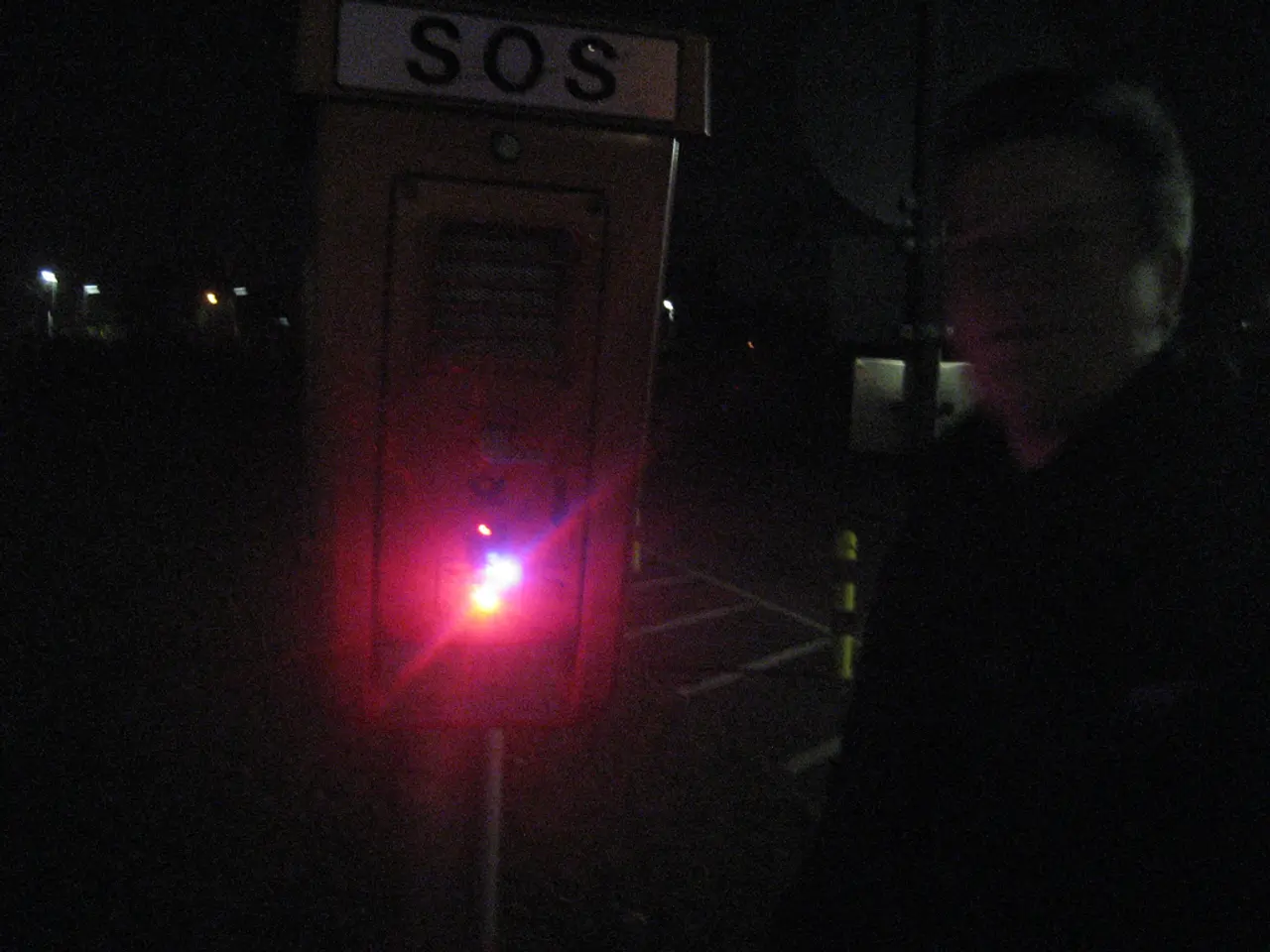How to handle power cuts or blackouts
Preparing for and Managing Power Outages in Victoria
Power outages can be unexpected and range from minor inconveniences to dangerous and prolonged events. Here's a guide on how to prepare for and manage power outages in Victoria.
Before a Power Outage
- Develop an emergency plan: Assign responsibilities and understand the risk environment, including any disaster-specific information relevant to your location. (RACGP)
- Prepare backup power sources: Consider hiring or purchasing a generator, ensuring you have a fuel supply and proper electrical connections installed by a qualified electrician. (RACGP)
- Charge portable power banks, solar mobile phone chargers, and ensure availability of car chargers for mobile devices. (RACGP)
- Trim trees near power lines, but have this done by professionals or the local energy provider to reduce the risk of outages caused by vegetation. (Kenner Electrics)
- Keep essential items like torches and spare batteries ready and fully charge mobile devices and laptops ahead of any planned interruptions. (SA Power Networks)
During a Power Outage
- Contact your local energy provider or check their website to find out the cause and estimated restoration time of the blackout. (Kenner Electrics)
- If the outage appears isolated to your home, check your electrical switchboard for tripped circuits and try safely to reset them. If unsuccessful, unplug devices before trying again or call a licensed electrician. (Kenner Electrics)
- Use torches or low-voltage lights rather than candles for safety. (SA Power Networks)
- Conserve battery and power bank charge by limiting device use. (RACGP)
After the Power Outage
- Monitor energy provider updates for full restoration status.
- If you have a generator, ensure connections and fuel supplies are safely managed before restarting power.
- Check electrical appliances and devices for damage or issues once power returns.
- Report any electrical faults or damage to your electricity provider or a professional electrician.
Additional advice includes:
- Maintain an emergency kit with first aid supplies, medicines, toiletries, torches, portable power banks, a battery-powered radio, and key documents such as home insurance and pet plans.
- In the case of a severe weather event, check the Bureau of Meteorology Victorian Warnings Summary on your mobile phone. The VicEmergency website and mobile app also provide emergency warnings and information for Victorians.
- If an insured event interrupts the electricity supply to a fridge or freezer, RACV Contents Insurance provides up to $500 to replace spoiled food or prescription medication.
- Most doghouses and birdcages are not sturdy enough to protect pets from a storm, so bring pets inside before a power outage.
- Consuming foods that don't require cooling or cooking during a power outage can help prevent food spoilage.
- Severe weather such as storms, floods, strong winds, bushfires, and heatwaves are major contributors to power outages in Victoria.
- If you or someone in your household relies on life support equipment, you may be eligible for protection under the life support energy regulations.
- Before a scheduled or predicted power outage, it's important to charge key communication devices, prepare an emergency kit, purchase non-perishable food and drink, and prepare your home and vehicles.
- Turning off all electrical appliances and unplugging them at the switch can safeguard a home against power surges during a storm.
- Before a scheduled maintenance outage, consider whether you will be able to easily access your car without power, as electric garage doors or electric gates may not be operational. You should also ensure that your fuel is topped up.
- During a power outage, check the source and nature of the outage, listen to a battery-operated radio for updates, and contact a licensed electrician if the outage is localized to your home.
- Keeping the doors of the fridge and freezer closed during a power outage helps to keep food and drink cold for longer.
- In case of a severe weather event, gather sentimental items and organize important documents in case of quick evacuation.
- After a power outage, checking the fridge and freezer contents and noting how long the power was out can help avoid food poisoning.
- Home Insurance may cover damage caused to property or contents during events that cause power loss.
- Closing curtains or blinds can help retain a normal temperature inside the house during a power outage.
- Drinking plenty of water and avoiding strenuous activities can help to stay cool during a summer power outage.
Stock up on essential items for a lifestyle that adapted to home-and-garden needs, such as a battery-powered radio, torches, and first aid supplies, during preparation for power outages. Post-outage, engaging in home-improvement activities can include taking care of appliances, checking for damage, and ensuring proper generator usage for maintaining a comfortable home environment.




